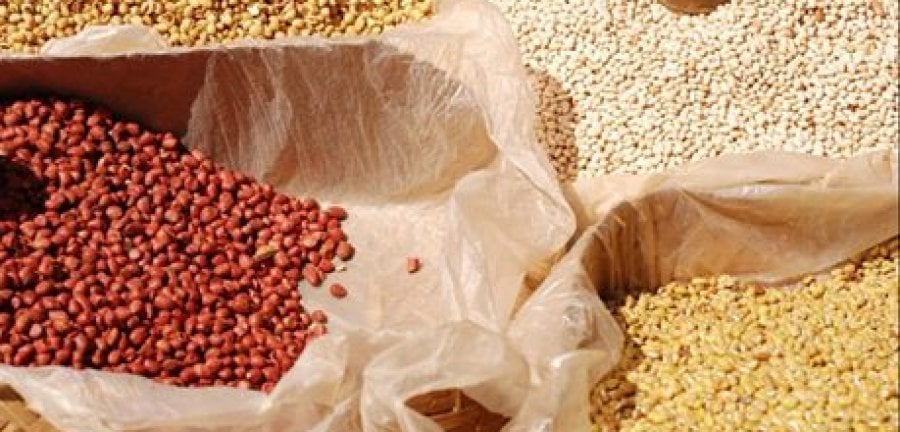If you are like me, you know that sometimes doing the right thing for animals can increase your expenses a bit because some companies still market vegan items as “niche” products. There’s no reason why living compassionately can’t be affordable, and that’s why I want to share a few cost-cutting tips that I’ve learned over the years.
Go for beans: Dry beans, that is. They are healthier and tastier (unless you define tasty as “salty”) than canned beans and are a much more economical protein choice than canned beans, soy products, and certainly animal-based proteins. And talk about variety—just look at the choices the next time that you shop. Black beans, kidney beans, red beans, white beans, pinto beans … plus dry peas and lentils in a rainbow of colors. Beans can please any palate and work well in down-home or exotic dishes. And they’re easy to prepare once you learn how to soak and cook them. Oh, about the soaking? Sure, some beans require a few hours of soaking, but no matter how busy you are, you can plan an extra minute to rinse the beans, dump them into a bowl or pot, and cover them with water before you leave in the morning.
Garden smart: Use plants that are indigenous to your area instead of non-native species. You’ll save money since natives grow more easily and generally need fewer garden products and less water to maintain them. Your garden will also nourish birds and insects who are native to your area, helping to sustain wildlife.
“Some people pay big money to go on bird trips. I just go to the bathroom,” said Doug Tallamy, master gardener and chair of the University of Delaware’s Entomology and Wildlife Ecology Department, during a presentation that I attended. The slides that Tallamy shared with us revealed bathroom-window views of spectacularly hued birds, butterflies, and caterpillars enjoying his expanse of native plants. Contrast that with photos of his neighbor’s yard, which was full of exotic ornamentals and Bradford pear trees but devoid of avian visitors. Tallamy explained that many birds migrate 300 miles a night and need a place to rest and refuel on caterpillars by dawn. But development and deforestation has contributed to a loss of natural habitat and species decline.
Cook smart: My grandma made the world’s best fruit compote from delectables that didn’t sell at their fruit and vegetable stand. She ingrained in me the phrase “Waste not!” Get creative with those just-past-their-prime veggies and fruits. Some of the best banana breads are made with overripe bananas. (I mean bananas that are just past perfection, not rotten, of course.) Overripe berries? Fruit soup! Look for recipes on the Internet. Do you have bread that is on its way to becoming stale? Croutons.
Share: Split the cost of newspaper and magazine subscriptions with a like-minded neighbor. Many folks are concerned about their eco footprint—sharing is a great way to reduce it and save money too!
Do you have any easy money-saving tips of your own?





